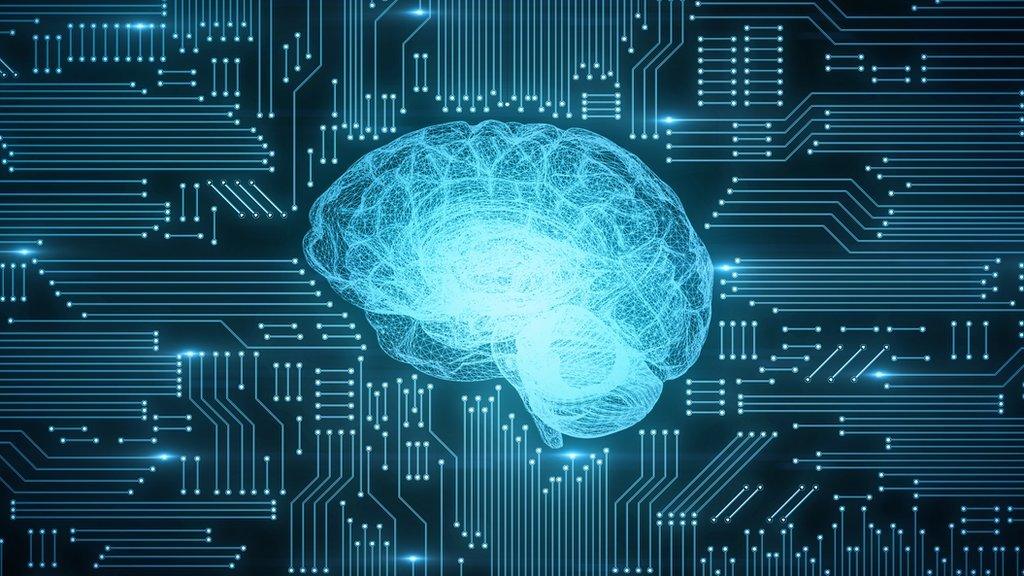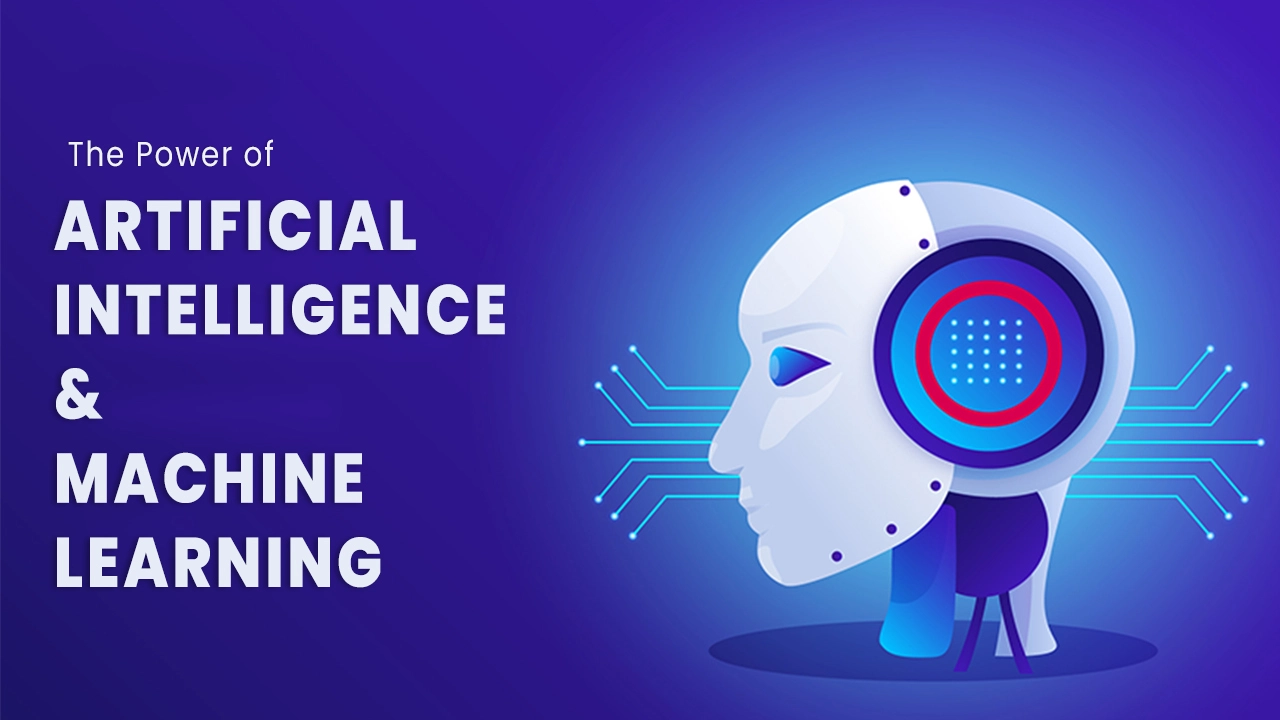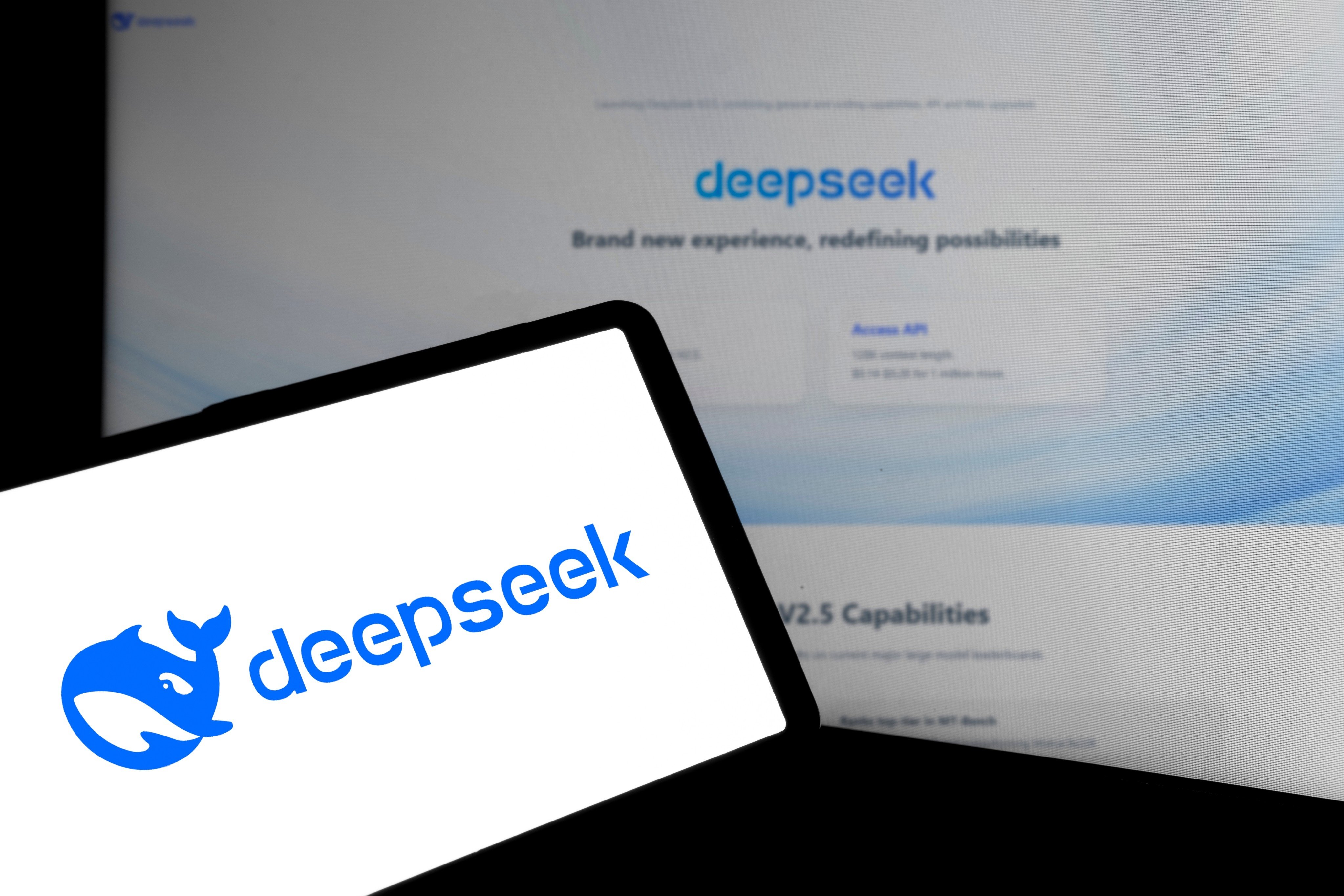The capacity of AI technology has actually been percolating in the background for several years. But when ChatGPT, the AI chatbot, started getting headlines in early 2023, it put generative AI in the spotlight. This guide is your go-to manual for generative AI, covering its benefits, limitations, use cases, potential customers and much more.
What is OpenAI?

- Share this item with your network:
-
-
-
-
-
-.
-.
-.
-
- Cameron Hashemi-Pour, Former Site Editor

OpenAI is a private lab that intends to establish and direct synthetic intelligence (AI) in methods that benefit humanity as a whole. The company was established by Elon Musk, Sam Altman and others in 2015 and is headquartered in San Francisco.

OpenAI was created in part due to the fact that of its founders' existential concerns about the potential for catastrophe resulting from negligence and abuse of general-purpose AI. The business has a long-term concentrate on fundamental advances in AI and its capabilities. The creators of the company and other investors began the company with a $1 billion endowment. In February 2018, Elon Musk left the company due to a potential conflict of interest with his work at Tesla, the vehicle and tidy energy business influenced by Nikola Tesla.
The stated intent of the company-- to work towards safe synthetic basic intelligence (AGI) for the advantage of mankind-- is reflected in its objective to easily team up with other research companies and individuals. Research and patents made by the company are meant to stay open to the public other than in cases where they could adversely impact safety.
Timeline and history of OpenAI
OpenAI was originally concentrated on developing AI and artificial intelligence tools for computer game and other leisure functions. Less than a year after its main founding on Dec. 11, 2015, it released its first AI offering: an open source toolkit for wiki.vifm.info developing reinforcement knowing (RI) algorithms called OpenAI Gym. Over the next 2 years, OpenAI focused on more general AI development and AI research study.
This article becomes part of
What is Gen AI? Generative AI described
- Which likewise includes:.
8 top generative AI tool categories for 2025.
Will AI change jobs? 17 job types that might be impacted.
25 of the very best large language designs in 2025
In 2018, OpenAI published a report to describe to the world what a Generative Pre-trained Transformer (GPT) is. A GPT is a neural network, or a device finding out model, produced to function like a human brain and trained on input, such as large information sets, surgiteams.com to produce outputs-- i.e., answers to users' concerns.
In March 2019, OpenAI moved from not-for-profit to capped-profit status and ended up being formally referred to as OpenAI LP, managed by parent company OpenAI Inc. Almost two years later on, in January 2021, OpenAI presented Dall-E, a generative AI design that examines natural language text from human users and after that generates images based on what is explained in the text.
Perhaps the business's best-known product is ChatGPT, released in November 2022 and heralded as the world's most advanced chatbot for its ability to supply responses to users on a relatively endless variety of topics. Its benefits and downsides, as well as its uses in various industries, are still being disputed.
Elon Musk no longer serves on the board of the business, and co-founder Sam Altman worked as the company's CEO till November 2023 alongside president and chairman Greg Brockman, formerly the CTO of financial services and SaaS company Stripe; and chief researcher Ilya Sutskever, formerly of Google.
In November 2023, Altman was fired from his position by the board of directors, citing that Altman was not candid in his interactions to the board. Soon after, Brockman left the company. Both were worked with by Microsoft 3 days after leaving the business.
Emmet Shear, co-founder of Twitch, was worked with as the interim CEO at OpenAI after Altman's departure. Following Altman's shooting, approximately 500 of OpenAI's workers stated they would give up if the board of directors didn't step down. After simply five days, Altman and vmeste-so-vsemi.ru Brockman were re-hired in their initial roles at OpenAI with a new board of directors.
Notable tasks and releases
OpenAI has been deemed advanced for its noteworthy item offerings, which include the following:
GPT-3. This powerful large language design (LLM) works as the basis for other OpenAI items. It evaluates human-generated text to learn to produce comparable text on its own.
GPT-4. Released in March 2023, GPT-4 provides multimodal AI performance, where it can evaluate both text and images.
GPT-4o. Introduced in May 2024, GPT-4o boosted multimodal ability to recognize images, text and audio. GPT-4o is more conversational than other designs. GPT-4o will recognize the user's screens and pictures and ask concerns about them.
OpenAI o1. Released in September 2024, OpenAI o1 is an LLM with boosted reasoning performance. Instead of providing a reaction as rapidly as possible, o1 "thinks" through the ideal technique to resolve a problem for more accurate responses.
OpenAI o3. Announced in December 2024, this o1 successor model has 2 versions-- o3 and o3-mini. These models use what OpenAI calls a "private chain of idea" in reinforcement knowing, wiki.dulovic.tech which teaches the o3 design to pause and analyze internal dialogue utilizing simulated reasoning before producing replies. OpenAI plans to release o3-mini to the general public in January 2025.
ChatGPT Search. This AI online search engine is presently constructed into ChatGPT for Plus and Team users. The search function offers updated information from the internet and allows ChatGPT to take on other search engines. It was released in October 2024.
Dall-E and Dall-E 2. These generative AI platforms can analyze text-based descriptions of images that users desire them to produce and after that generate those images exactly as described.
Clip. Clip is a neural network that synthesizes visuals and sciencewiki.science the text pertaining to them to forecast the very best possible captions that many precisely describe those visuals. Because of its capability to gain from more than one type of information-- both images and text-- it can be categorized as multimodal AI.
ChatGPT. ChatGPT is presently the most advanced AI chatbot developed for creating humanlike text and producing responses to users' concerns. Having been trained on big information sets, it can generate responses and responses the method a human would. Since its development, updates to this tool have actually permitted it to interact with users through voice conversation and images.
Codex. Codex was trained on billions of lines of code in numerous programming languages to assist software designers simplify coding processes. It's founded on GPT-3 innovation, but instead of generating text, it generates code.
Whisper. Whisper is labeled as an automatic speech recognition (ASR) tool. It has been trained on a plethora of audio data in order to recognize, transcribe and equate speech in about 100 different languages, consisting of technical language and various accents.
ChatGPT Enterprise. Although this is comparable to the consumer variation of ChatGPT, the business version lets users construct the training of their model. This edition also reflects on the current incremental modifications made to ChatGPT.
Custom GPTs. GPTs are custom-made variations of ChatGPT that users can tailor to specific usage cases with no code. Verified GPT builders can share custom-made GPTs in the GPT store and make cash doing so.
OpenAI and Microsoft
At the start of 2023, Microsoft openly dedicated to a multibillion-dollar investment in OpenAI, however its interest in the company is absolutely nothing new. In July 2019, OpenAI participated in a multiyear collaboration with Microsoft in which Microsoft's cloud platform, Azure, has been enhanced by AI-based computing products.
Microsoft's newest investment in OpenAI encompasses Bing, its online search engine. The company is utilizing the very same technology established for ChatGPT to produce an AI-infused version of Bing. Concurrently, AI-based features have likewise been contributed to Microsoft's Edge internet browser, and ChatGPT performance is being added to Microsoft 365 items such as Outlook and Teams.
Criticisms of OpenAI
Despite all these fast advancements, OpenAI has actually not been unsusceptible to criticism, both in the world of tech and beyond. The business's shift from "not-for-profit" to "capped profit" status in 2019 sustained criticism that its dedication to working with others on structure "safe and useful" basic artificial intelligence had actually become a profit-driven "AI arms race" to produce the most advanced AI innovation on the market. Simultaneously, others have actually revealed issues about OpenAI's growing lack of openness into how its innovative items are being developed, offered its commitment to establishing open source software application.
More just recently, the launching of ChatGPT in late 2022 has actually entered a fair deal of criticism alongside the extensive appreciation for its groundbreaking capabilities. The innovation has actually been accused of producing "hallucinations" or other factually incorrect answers that are seemingly intelligent and well written, yet don't hold up under analysis. While this is perhaps the most infamous downside of the platform, others include its prospective to plagiarize from other sources in addition to its limitations in producing responses on the most up-to-date news. The information set it was trained on was from 2021, so the material it generates could disservice those who need information on existing events. OpenAI upgraded ChatGPT Plus in November 2023 to include details as much as April of that year.
OpenAI's chatbots are amongst numerous that faced safety concerns early in 2023. Aside from the assistive capabilities of these resources, researchers likewise identified toxic content in their responses. Examples of these consist of info on how to construct a bomb, along with guidance on how to perform identity theft and take from a charity.
International uncertainty surrounding AI likewise continues to emerge. The French and Italian governments, for instance, supplied demands and evaluations for OpenAI. Meanwhile, the U.S. White House asked for further information associated to the dangers related to AI.
Lawsuits surrounding copyright with OpenAI have actually likewise shown up. In June, creators faced examination in the middle of a charge from Joseph Saveri Law Firm. Made on behalf of five book authors, this allegation showed ChatGPT and its hidden LLMs-- GPT-3.5 and GPT 4-- contained copyrighted materials. Specifically, it accused these sources of using the authors' copyrighted works for summaries to train the LLMs. This happened without authorization from the authors.
The New york city Times likewise took legal action against OpenAI and Microsoft in December 2023 for copyright violation, accusing them of unlawfully copying short articles to train LLMs and create AI items that take on The New york city Times. The paper was the first major news company to take legal action against OpenAI and Microsoft for utilizing their publications to train AI systems.
Among concerns, actions to improve the system often happen. In reaction to the uncertainty surrounding ChatGPT, OpenAI introduced ChatGPT Enterprise in August. With this new variation, organizations can have a better hold on design training and the information that exists within designs. However, there stays an absence of clearness surrounding the training information utilized by the design. As such, business have actually shared issues about the model using copyrighted material for training.
OpenAI has actually also faced criticism surrounding lack of variety on its board of directors. Critics kept in mind the board's lack of representation isn't in line with the business's mission to "benefit all of humankind." Following the shooting and rehiring of Sam Altman in November 2023, OpenAI ousted its only two female board members and reinstated a board made up exclusively white males. Lawmakers in Washington also suggested that OpenAI diversify its board following the restructuring.
The future of OpenAI

OpenAI has not provided substantial public commentary on future strategies, however based on current investments, democratization of AI is a clear goal of the Microsoft-OpenAI collaboration, as nontechnical professionals need to quickly have more AI tools at their disposal that do not require AI expertise.
Microsoft has also taken actions that seem to show the expected development of OpenAI and similar resources. In 2023, the business revealed a financial investment of more than $13 billion in OpenAI. With the objective of sustaining making use of AI for various functions, the investment acquired a large amount of support following its comparison to the web transformation.
In the 1990s, Bill Gates launched a memo that explained the internet as a "tidal bore" that would have a large influence on Microsoft. While referencing this memo, Microsoft CEO Satya Nadella recently noted the similarities between internet and AI development. Furthermore, Microsoft is intending to use these tools to support innovation.
In parallel with its expected growth, OpenAI hosted its first ever designer conference in November 2023. At the occasion, OpenAI unveiled GPT-4 Turbo, a language design with a considerably larger context window than its predecessors, a cheaper API pricing model and a later training information cut. OpenAI also debuted personalized GPTs, a "Copyright Shield" that will secure clients from legal action, and GPT store where users can generate income from and access custom GPTs.
In December 2023, OpenAI struck a handle media company Axel Springer to use its news content in OpenAI's products. This lets ChatGPT give news summaries from Axel Springer's outlets, that include Politico and Business Insider. The offer shows OpenAI's intent to explore opportunities in AI-powered journalism.

Currently, OpenAI is in early talks with the California chief law officer's office to change is business structure from a capped-profit business to a for-profit service. OpenAI began as a not-for-profit AI research laboratory in 2015.
Continue Reading About What is OpenAI?

What is generative AI? Everything you require to understand
Bard vs. ChatGPT: What's the difference?








